Published since 2019 by the Fair Winds Foundation and Association of Foreign Relations, Taiwan Weekly provides in-depth report and analysis of the major issues facing Taiwan.
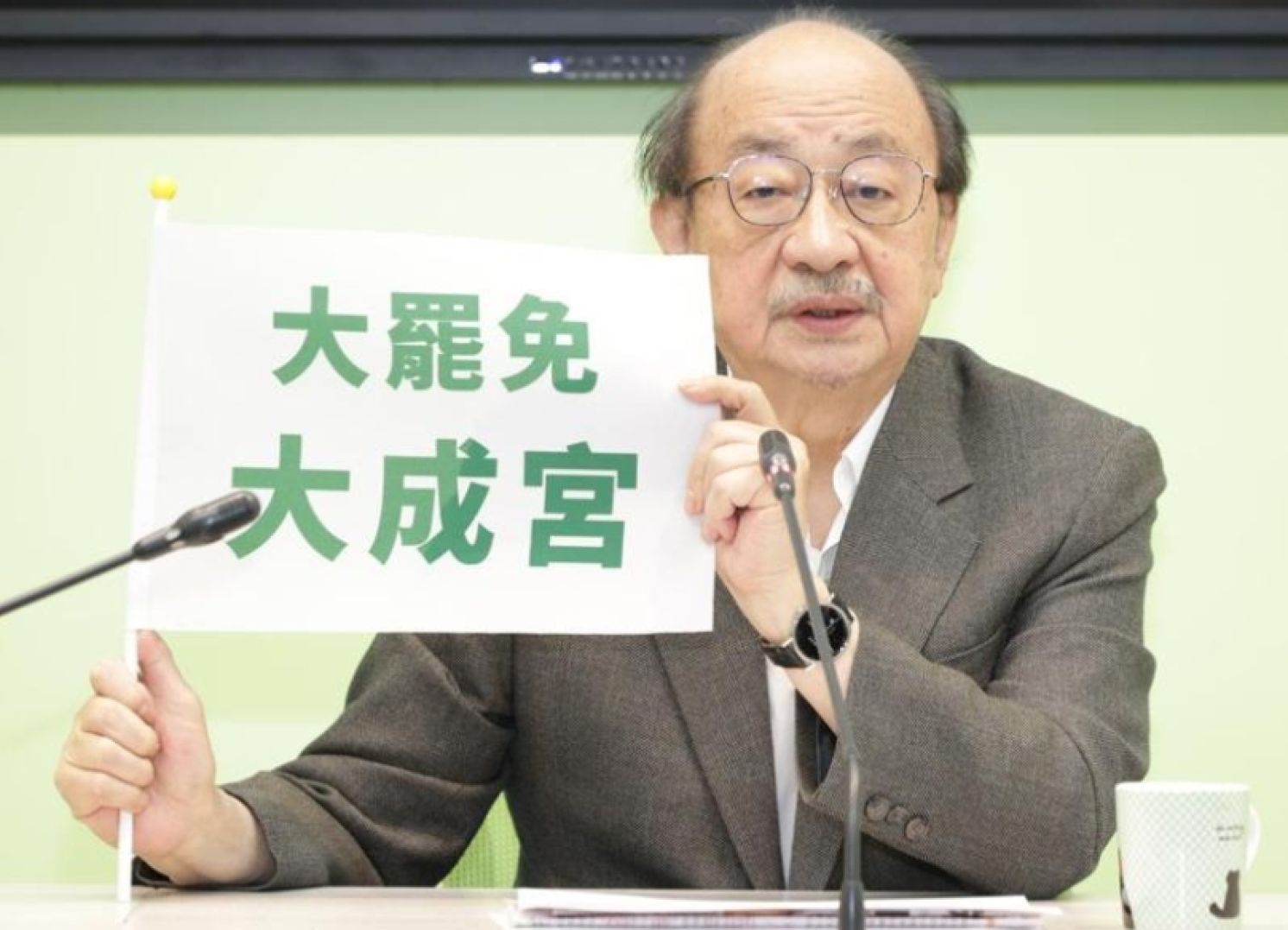
DPP Plan to Silence Dissent with Criminal Code Betrays Democratic Values
Democratic Progressive Party (DPP) whip Legislator Ker Chien-ming recently made a chilling statement that even if Kuomintang (KMT) legislators are recalled, criminal charges still apply. One may escape the death penalty but cannot escape punishment during life., added Ker. The legislator even mentioned invoking Artile 100 of the Criminal Code. Although some later tried to soften his remarks, many online and in the media applauded him. Those defending Legislator Ker either claim it was a slip of the tongue or insist that the DPP would never backslide into authoritarian practices.
Details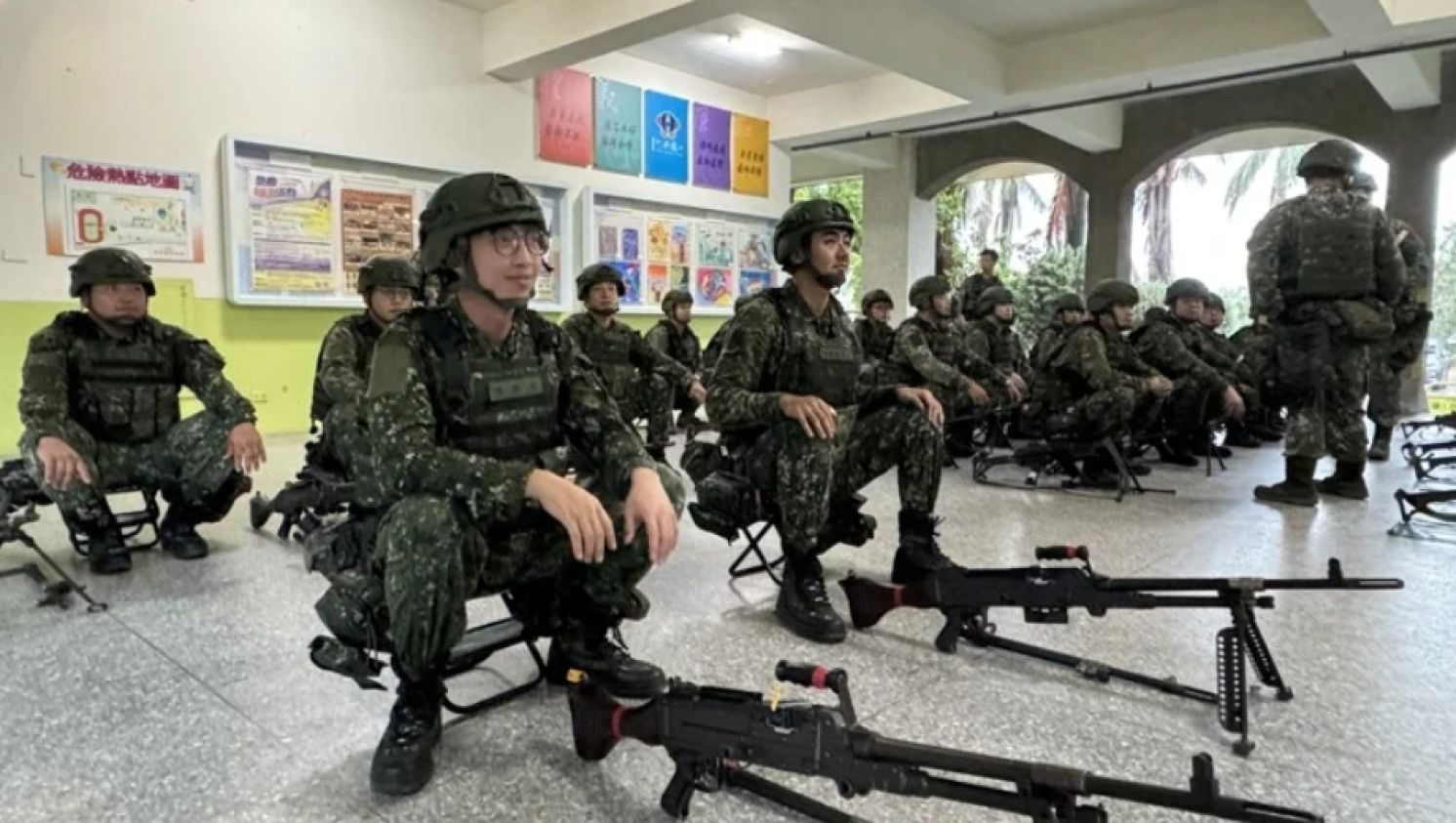
A Mere Show: Han Kuang Military Exercises Miss the Point
The Han Kuang No. 41 live-fire military exercise is underway from July 9 to 18, featuring a continuous 10-day, 9-night operation. According to the Armed Forces, the exercise scenario gradually escalates from gray zone incursions to full-scale combat, designed to test the armed forces’ ability to transition from peacetime to wartime and to prepare for deployment. However, shortly after the exercise began, a spokesman of mainland China’s Ministry of National Defense dismissed it as “a bluff and self-deception aimed at dragging Taiwanese civilians onto the separatist war wagon.” So, is Han Kuang No. 41 truly just a bluff as the People’s Liberation Army (PLA) claims?
Details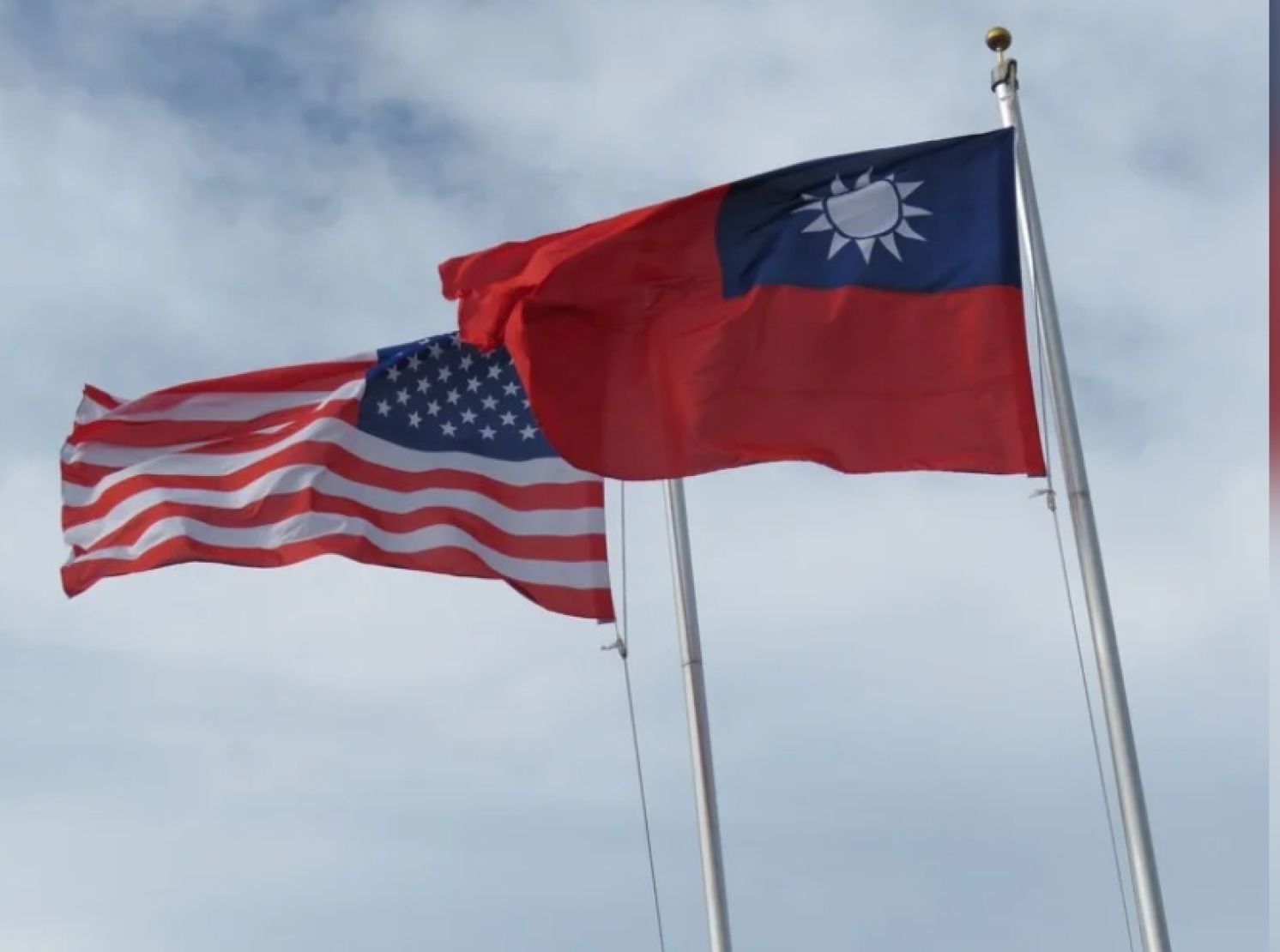
Why Taiwan Businesses Can't Trust Government's Negotiations with the U.S.
The United States has recently announced its reciprocal tariff rates for various countries, including Japan and South Korea, while the outcome of U.S.-China tariff talks is largely settled. Compared to the transparent and public negotiation focus seen with China, Japan, and South Korea—where businesses can clearly identify the key issues behind the imposed rates—Taiwan’s talks with the United States over the past three months have been conducted in complete secrecy. If the final reciprocal tariff rates fall short of expectations, then Taiwanese businesses may be left lamenting a senseless loss.
Details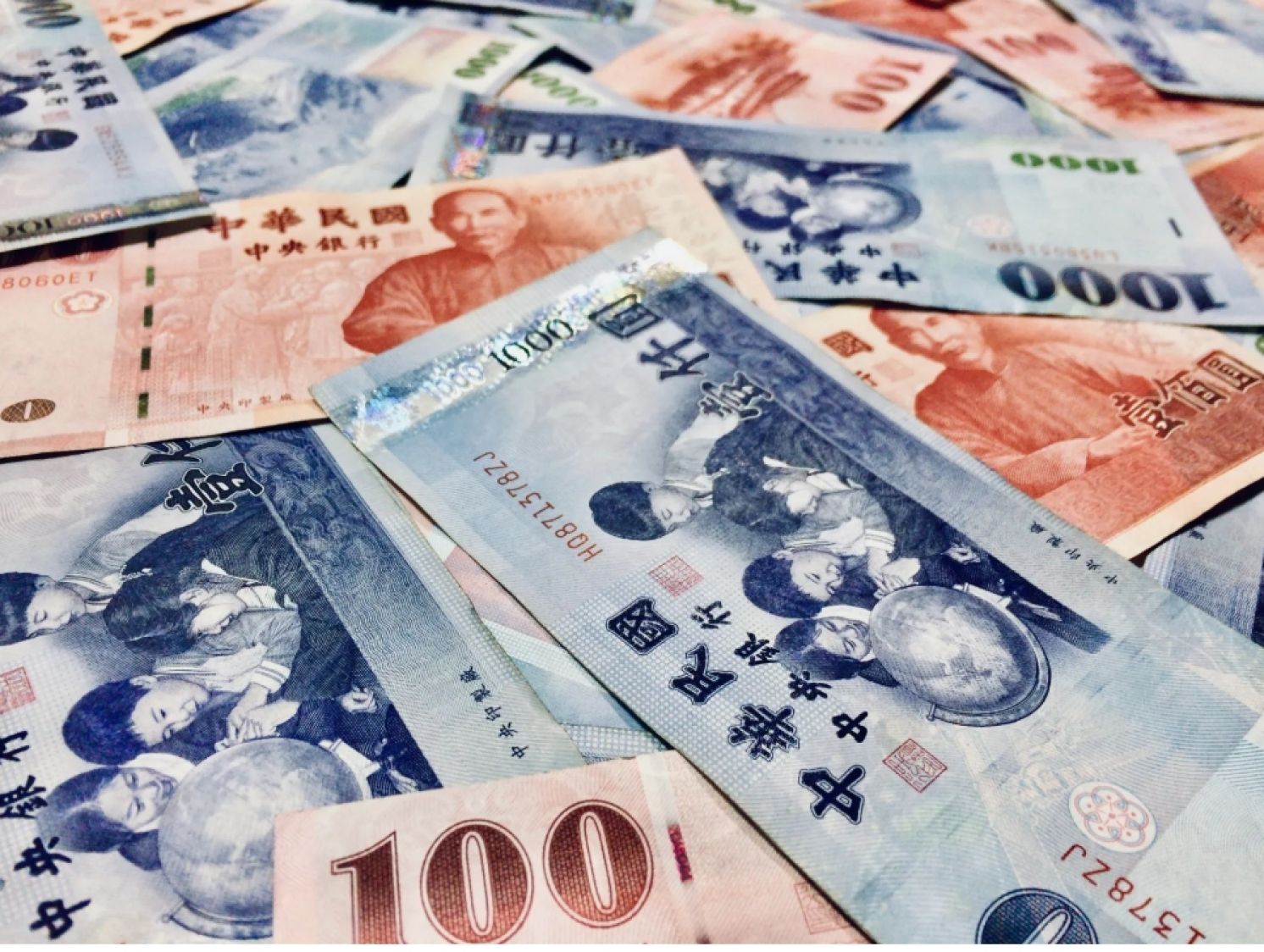
NTD Surge: Taiwan Loses Leverage in U.S. Negotiations
As the July 9 deadline for the U.S. “reciprocal tariff” moratorium nears, reports suggest that Washington and Taipei are close to reaching a deal. Deputy Premier Cheng Li-chun announced “constructive progress” in the negotiations and expressed hopes for a “mutually beneficial” outcome. Yet the timing of her optimistic remarks has raised eyebrows: why has the New Taiwan Dollar (NTD) been appreciating so sharply just as a deal appears imminent?
Details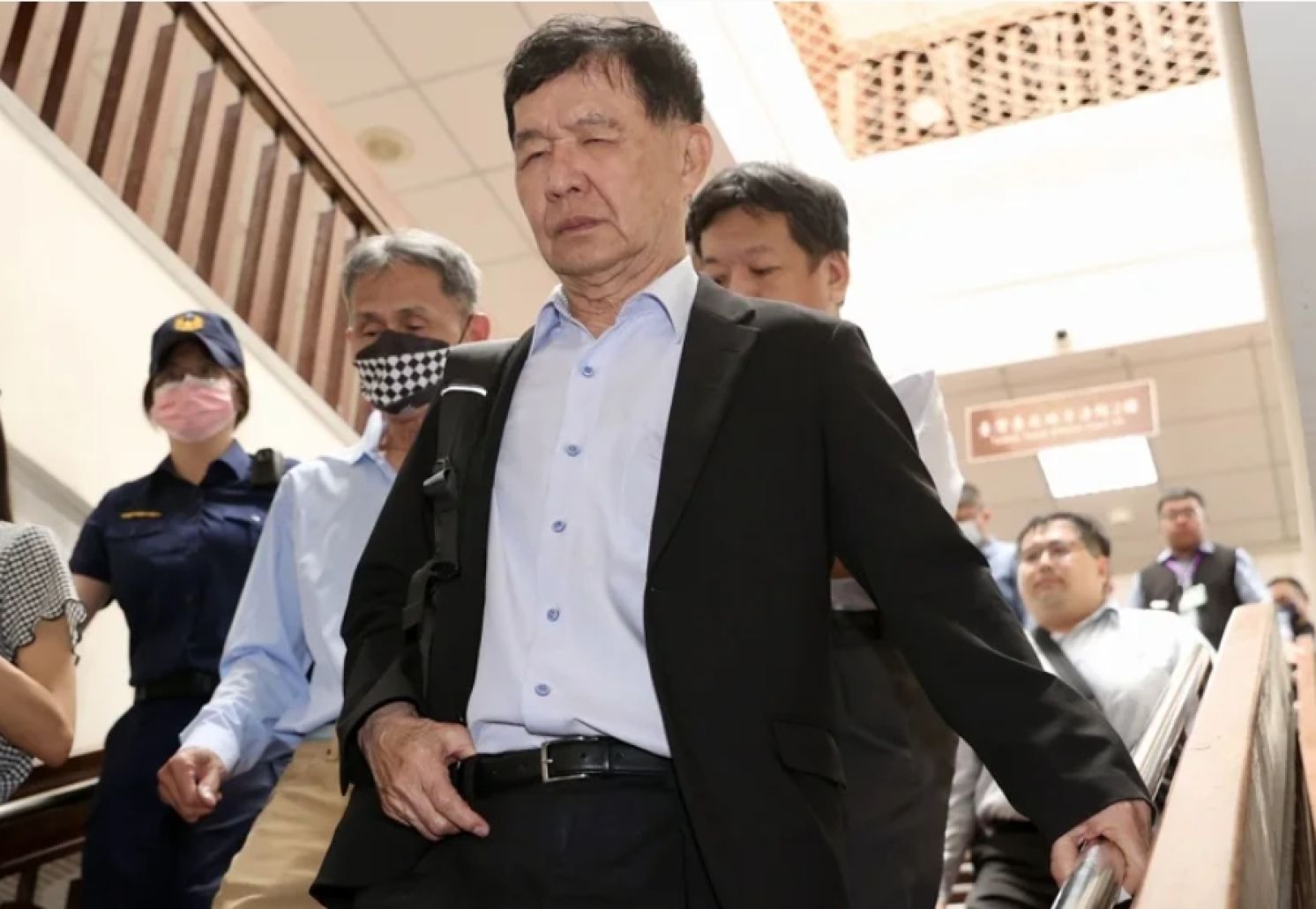
Ko's Case Led to a Death, Shattering Illusion of Judicial Human Rights
Former Taipei Deputy Mayor Peng Cheng-sheng accused prosecutors of coercive interrogation, harshly criticizing that the judiciary as a political enforcer, and judicial human rights have become mere hollow slogans.
Details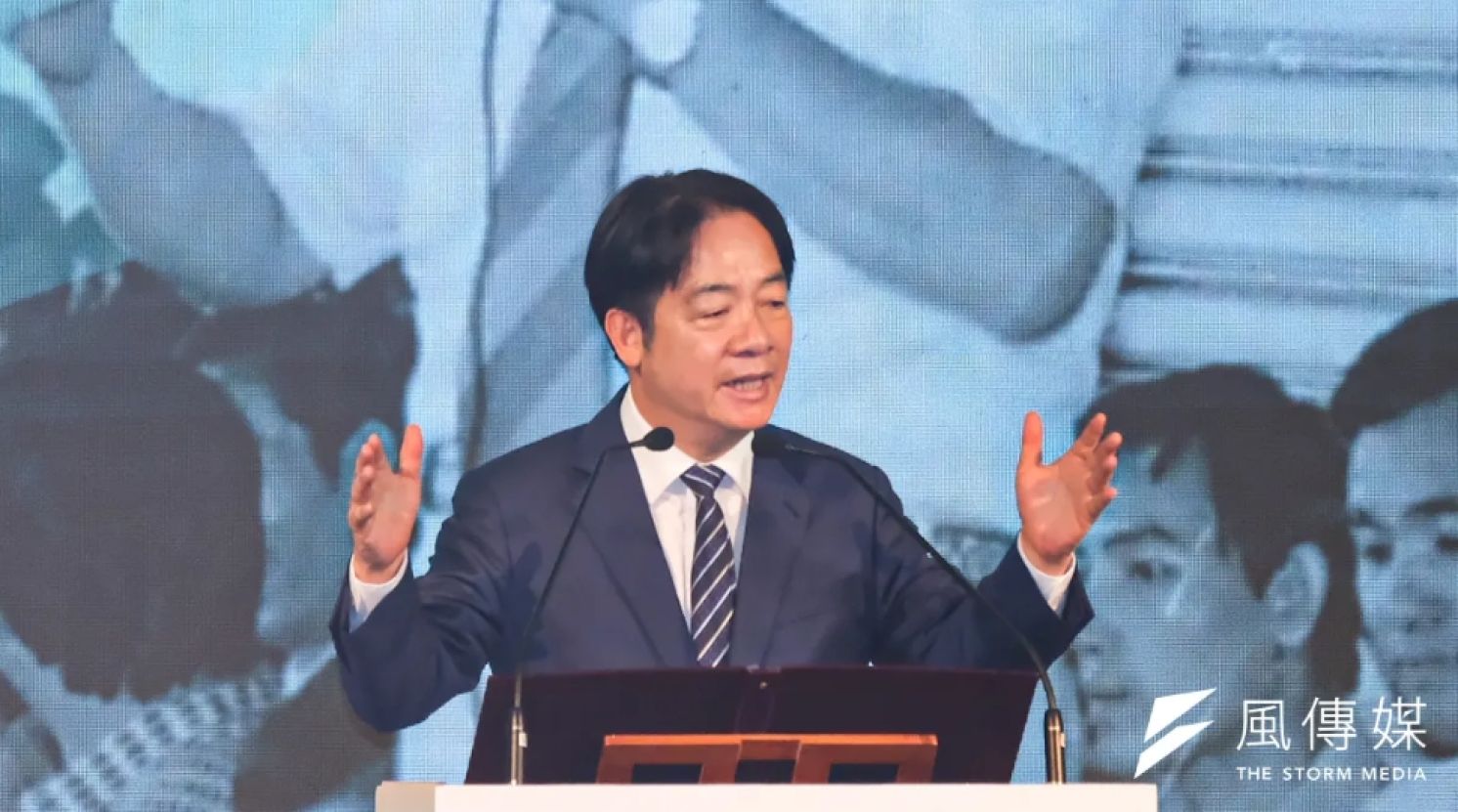
With Errors in Every Speech, President Lai Exposes His Own Weakness
President Lai Ching-te has delivered four out of his planned 10 speeches on national unity, and each one has sparked controversy. Rather than rallying the nation, these speeches have ranged from historically inaccurate gaffes to divisive rhetoric that betrays democratic principles. Instead of elevating public support in the face of an ongoing recall campaign against opposition lawmakers, President Lai’s high-profile address series has only served to expose his weaknesses—and those of his inner circle.
Details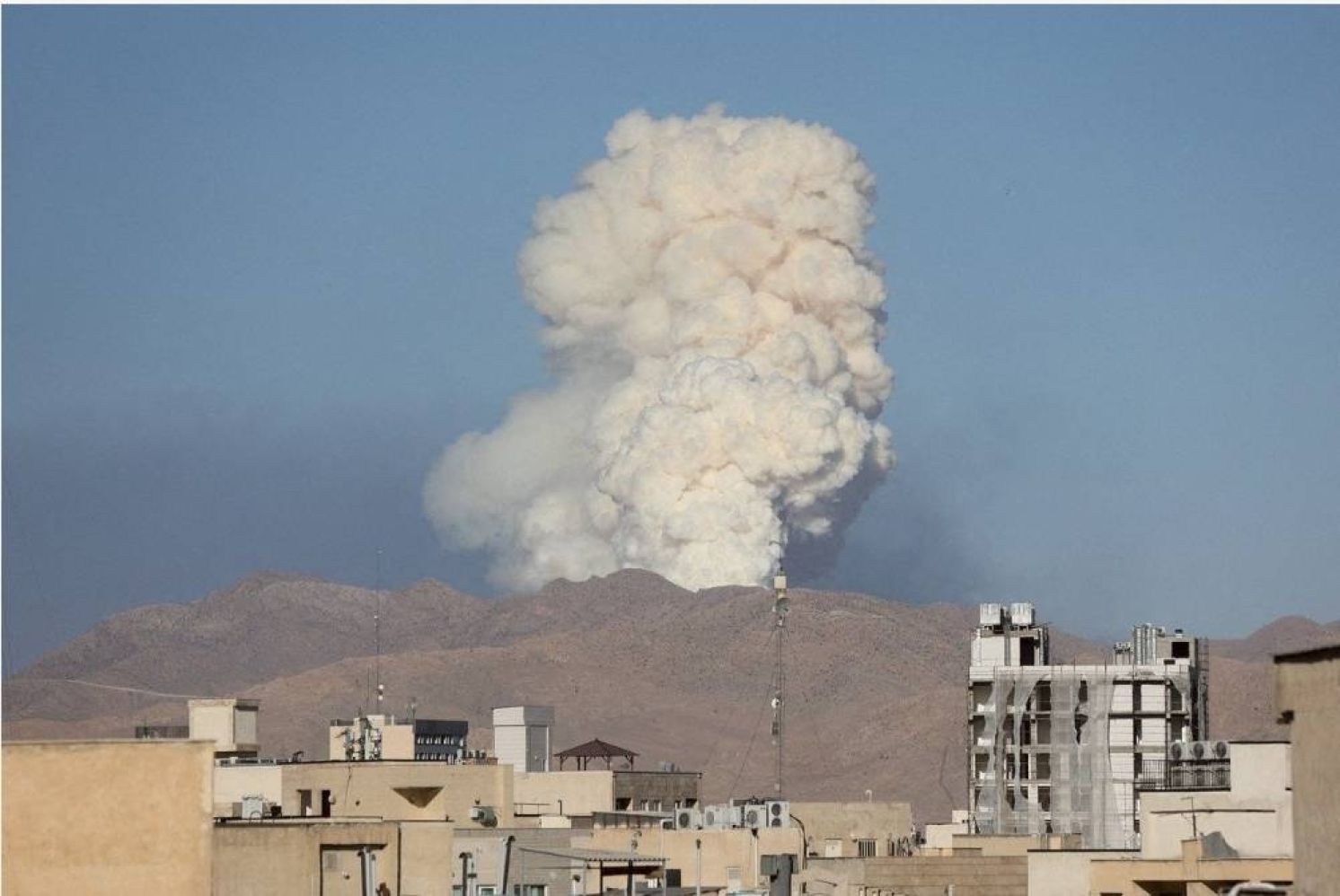
After the U.S. Strikes Iran, Taiwan Should Be Even More Vigilant About Avoiding War
The recent order by President Donald Trump of the United States to bomb Iran’s nuclear facilities marks a historic departure from a long-standing red line—the U.S. had refrained from attacking Iranian territory since 1979. The operation sends a clear message: Washington is willing to use force decisively when necessary. Yet to interpret this as a pivot from isolationism to an interventionist foreign policy—and as a security boon for Taiwan—may be dangerously simplistic.
Details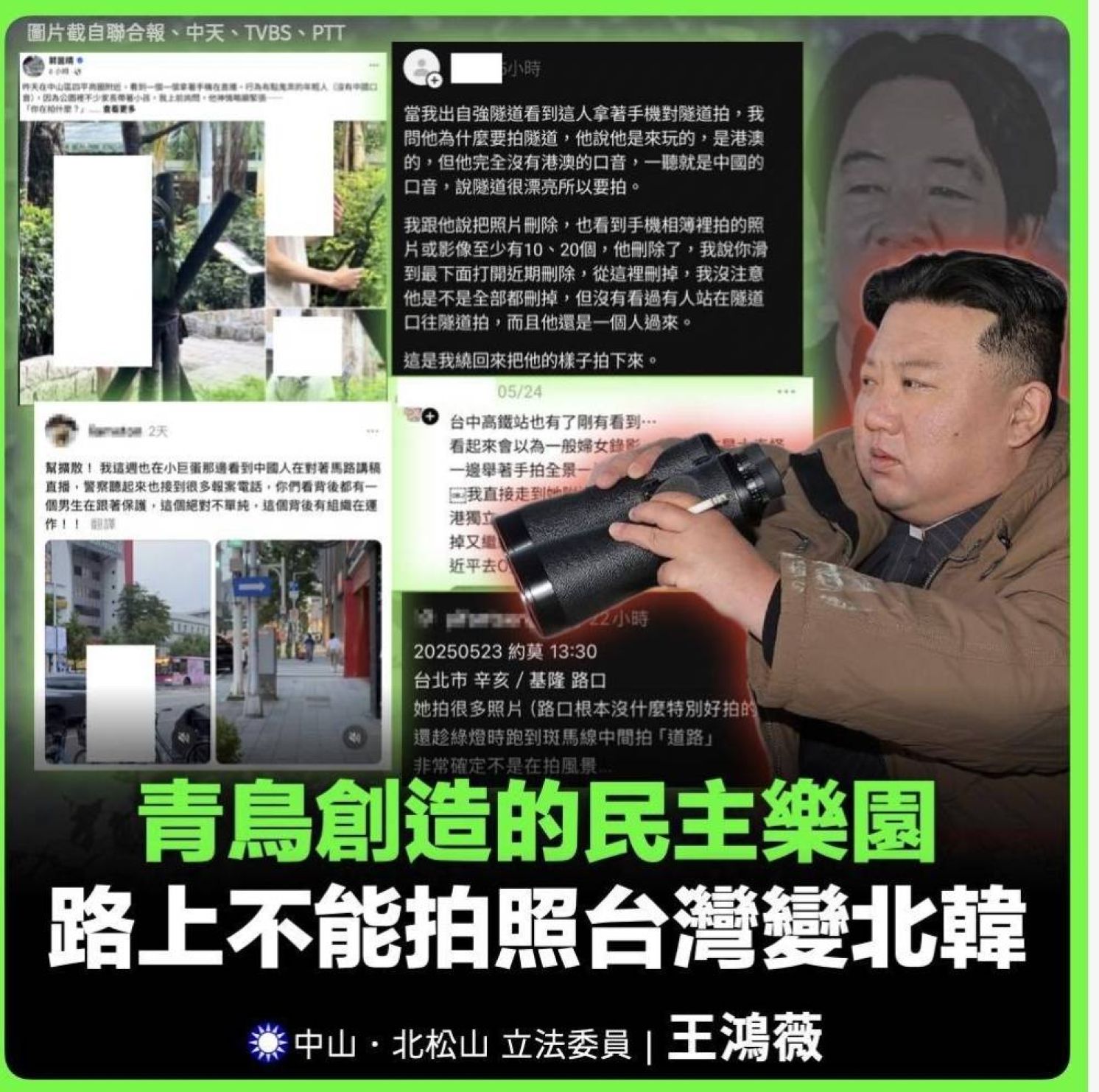
Who is Responsible for Witch-Hunt Atmosphere in Taiwan?
Once a source of calm and human warmth, Taiwan’s streets are increasingly permeated by suspicion and hostility. In a recent incident, a self-identified “pro-Taiwanese” fitness coach was accosted on the Metro while watching a video, with a stranger demanding, “Are you Chinese?” In another, a former special forces officer was taking a selfie in a public park when Democratic Progressive Party (DPP) Legislator Claire Guo publicly accused him of being “sneaky,” uploading his photo online and filing a police report. These episodes are not isolated; they point to a disturbing trend of everyday interactions being poisoned by mistrust and paranoia.
Details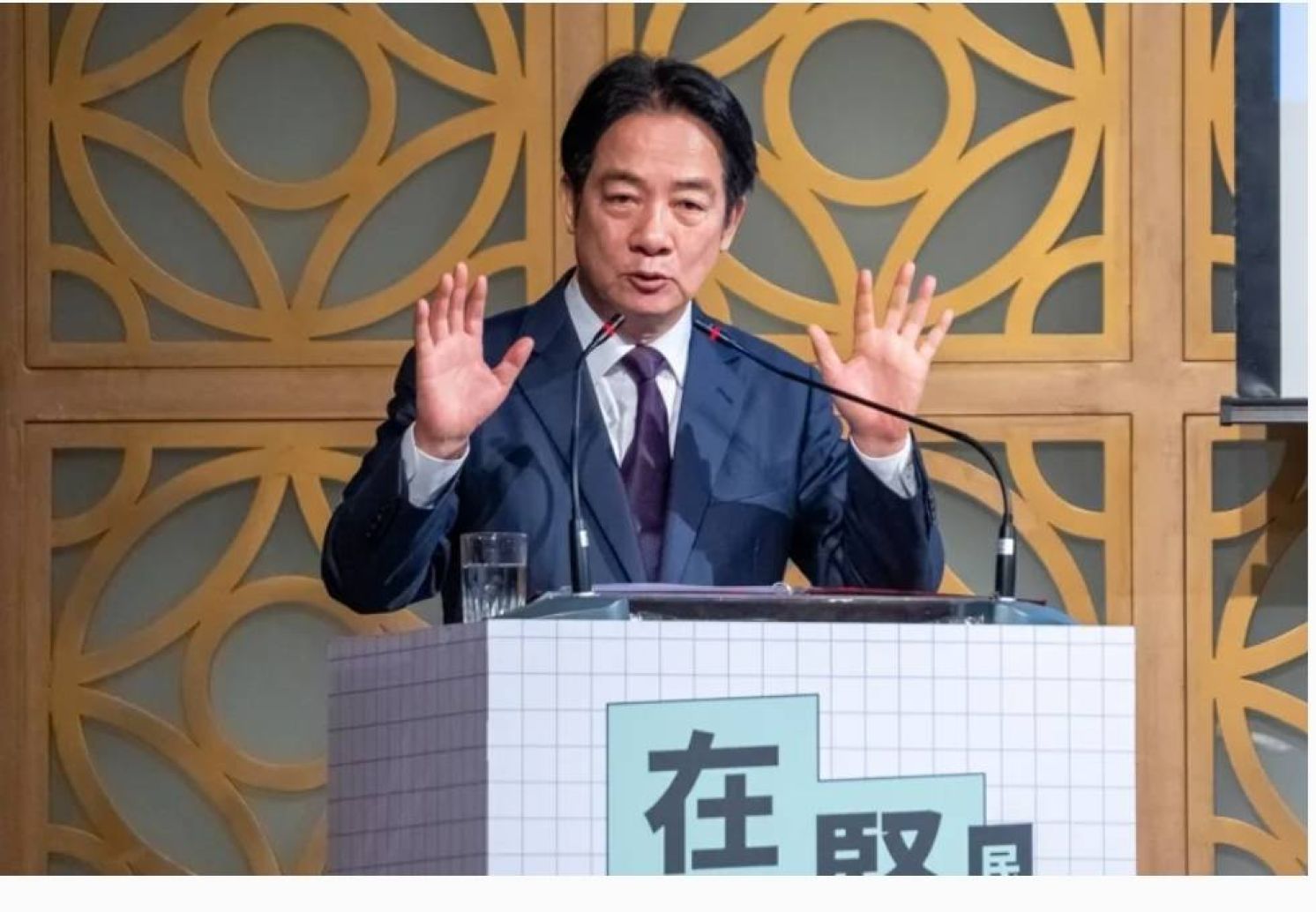
President Lai's "Impurities" Remarks Like Purge Threat, Sends Chills
President Lai Ching-te recently delivered the second installment of his "Ten Speeches on Unity" at a Hakka Youth Association event in Taoyuan. Yet, the focus of his speech—eliminating "impurities" through elections and recall votes—has sparked widespread alarm. For the head of state in a democratic nation to refer to dissenting voices as "impurities" stands in sharp contrast to the message of "unity," and strikes a particularly jarring chord.
Details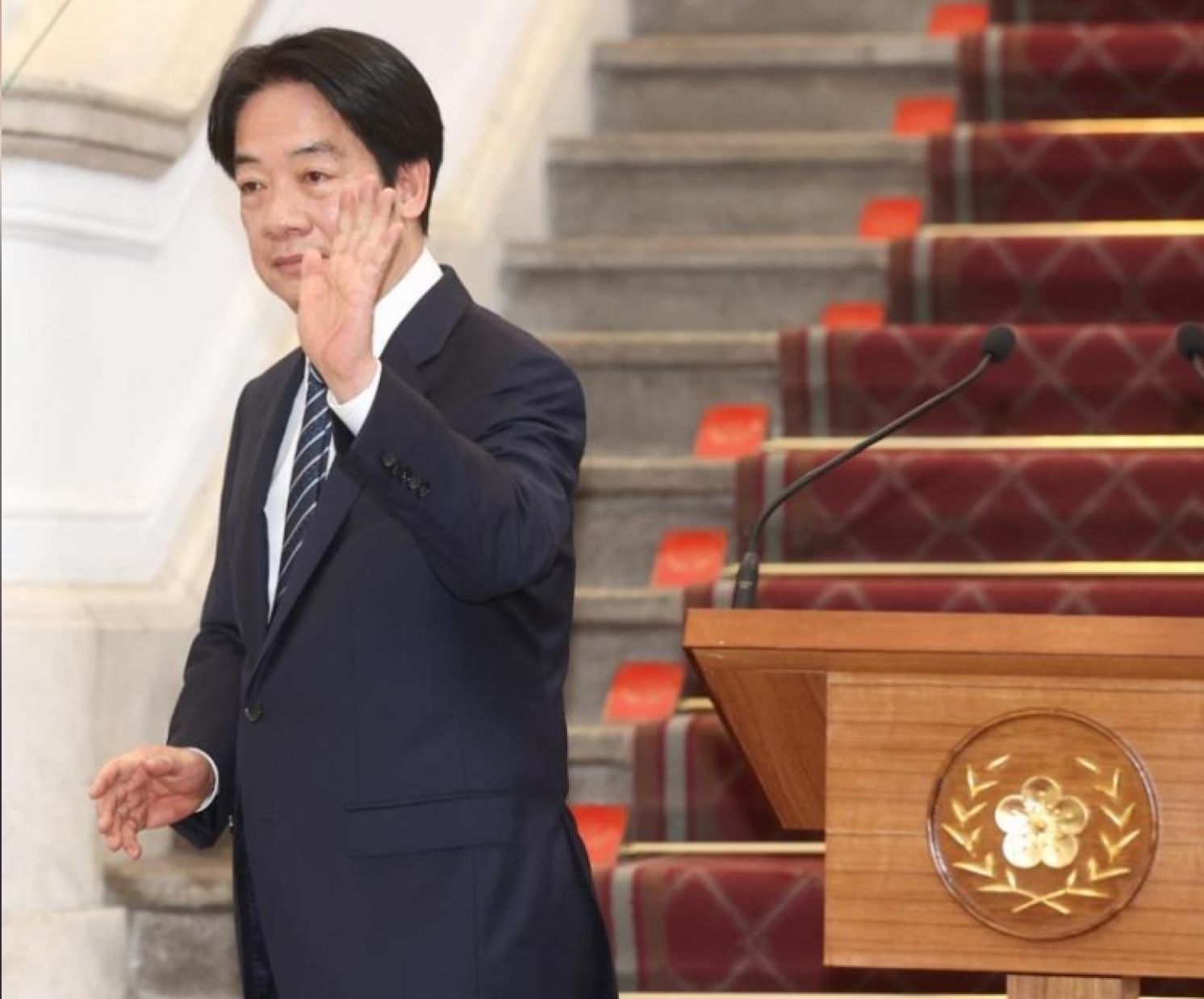
Reasons Behind the Breakdown of the National Security Briefing
Imagine this scene: In the morning, a photo of President Lai Ching-te shaking hands warmly with opposition Kuomintang (KMT) and Taiwan People’s Party (TPP) leaders before a national security briefing is broadcast across all media platforms. In the afternoon, Secretary-General Lin Yu-chang of the ruling Democratic Progressive Party (DPP) announced the “Three Arrows” for the grand recall campaign, with billboards erected nationwide and recall groups mobilized across the country.
Details- 1
- 2
- 3
- 4
- 5
- 6
- 7
- 8
- 9
- 10
- 11
- 12
- 13
- 14
- 15
- 16
- 17
- 18
- 19
- 20
- 21
- 22
- 23
- 24
- 25
- 26
- 27
- 28
- 29
- 30
- 31
- 32
- 33
- 34
- 35
- 36
- 37
- 38
- 39
- 40
- 41
- 42
- 43
- 44
- 45
- 46
- 47
- 48
- 49
- 50
- 51
- 52
- 53
- 54
- 55
- 56
- 57
- 58
- 59
- 60
- 61
- 62
- 63
- 64
- 65
- 66
- 67
- 68
- 69
- 70
- 71
- 72
- 73
- 74
- 75
- 76
- 77
- 78
- 79
- 80
- 81
- 82
- 83
- 84
- 85
- 86
- 87
- 88
- 89
- 90
- 91
- 92
- 93
- 94
- 95
- 96
- 97
- 98
- 99
- 100
- 101
- 102
- 103
- 104
- 105
- 106
- 107
- 108
- 109
- 110
- 111
- 112
- 113
- 114
- 115